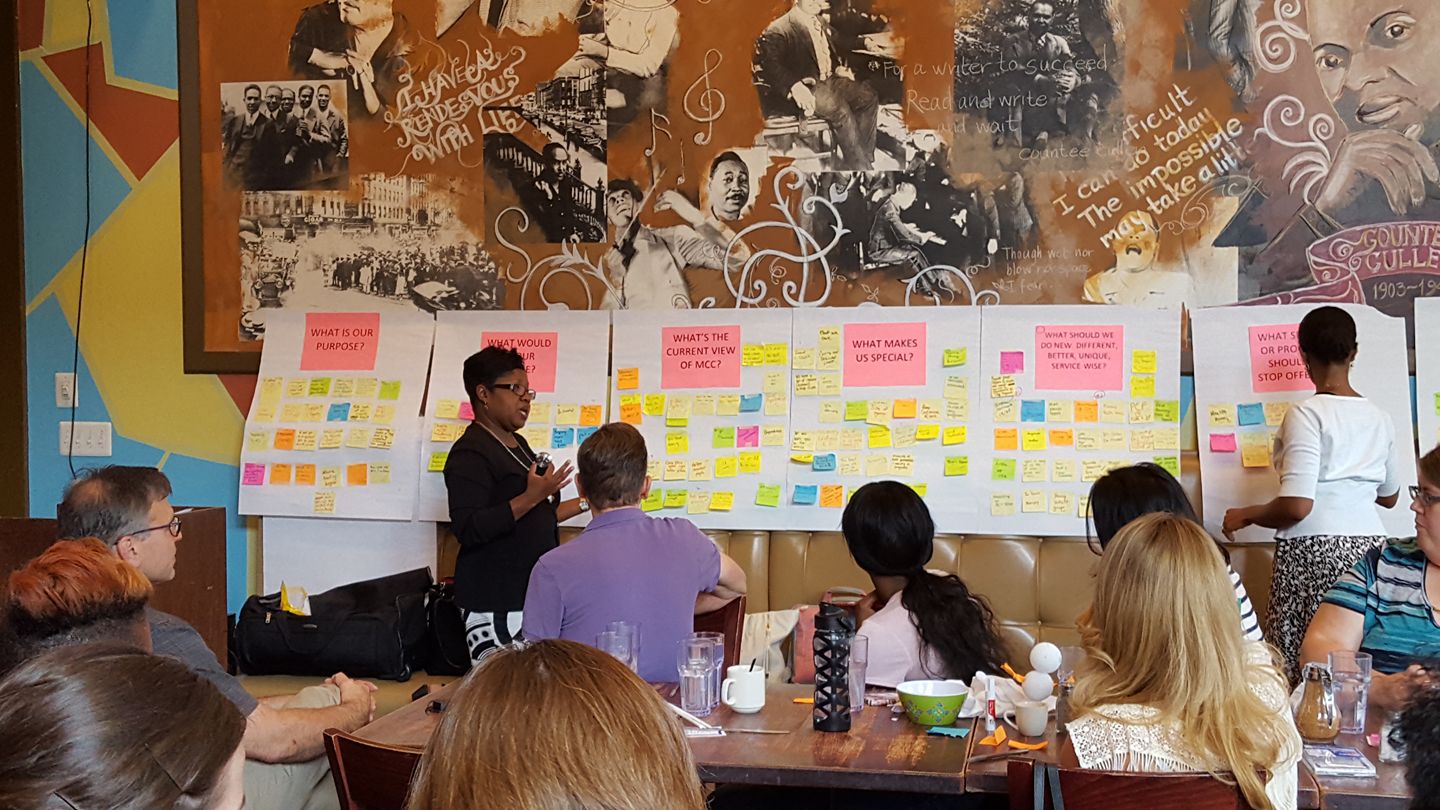When players try out for a professional sports team, they do so with a specific position in mind, one that matches their skills, skills they’ve likely been training their entire lives to play at this level. But what happens when they don’t transition well or perform as expected when they go from minor league to major league or college sports to pro teams?
What do you do when a leader isn’t making the transition from manager to executive as expected?
I believe you must consider these factors:
- What shifts were expected, and were they communicated?
- What made you believe they were prepared for the promotion?
- Did you test that theory throughout the interview process?
- In what areas of the transition are they failing most? How critical or detrimental is it to their success?
- Is the issue one that needs development, coaching, or both?
- What type of feedback have you given them to give them a chance to improve?
- Is there time and support available to help them make the adjustment?
And that’s the shortlist. Sometimes, people interview well for promotional opportunities. They have the executive presence, knowledge, and skills, but testing their actual ability to perform is tough – though not impossible. Use scenario-based interview questions to understand their critical thinking and other executive-level thinking skills.
As you evaluate whether they can elevate their brand:
- Define what it means to operate at an executive level. What exactly are the expectations? Is everyone held to the same standard?
- Clarify how they will be evaluated at this level. Is everyone evaluated by the same method?
- Ensure they have the tools and support to be successful.
- Provide feedback every step of the way.
This list is not exhaustive, and there may be other issues, including the ability to build trust among members of the new team, lack of self-awareness, lack of judgment and discretion, or inability to establish critical aspects of their executive presence, including poor communication, lack of composure, or confidence. Work on a plan to help them make a turnaround and give constructive feedback while being clear about why these elements of executive leadership are vital to their success.
Lastly, consider your viewpoint. Are they not excelling at leadership because you can’t visualize them at the new level? Are you so accustomed to seeing them at the managerial level that you can’t imagine them in leadership? If yes, then they must first be elevated in your mind because your biases are preventing you from seeing and supporting them in their new role.
There is no simple approach to helping someone get executive ready. Still, you can start by clarifying expectations in their technical abilities, influence skills, offering feedback and coaching to help them level up.
Pam



